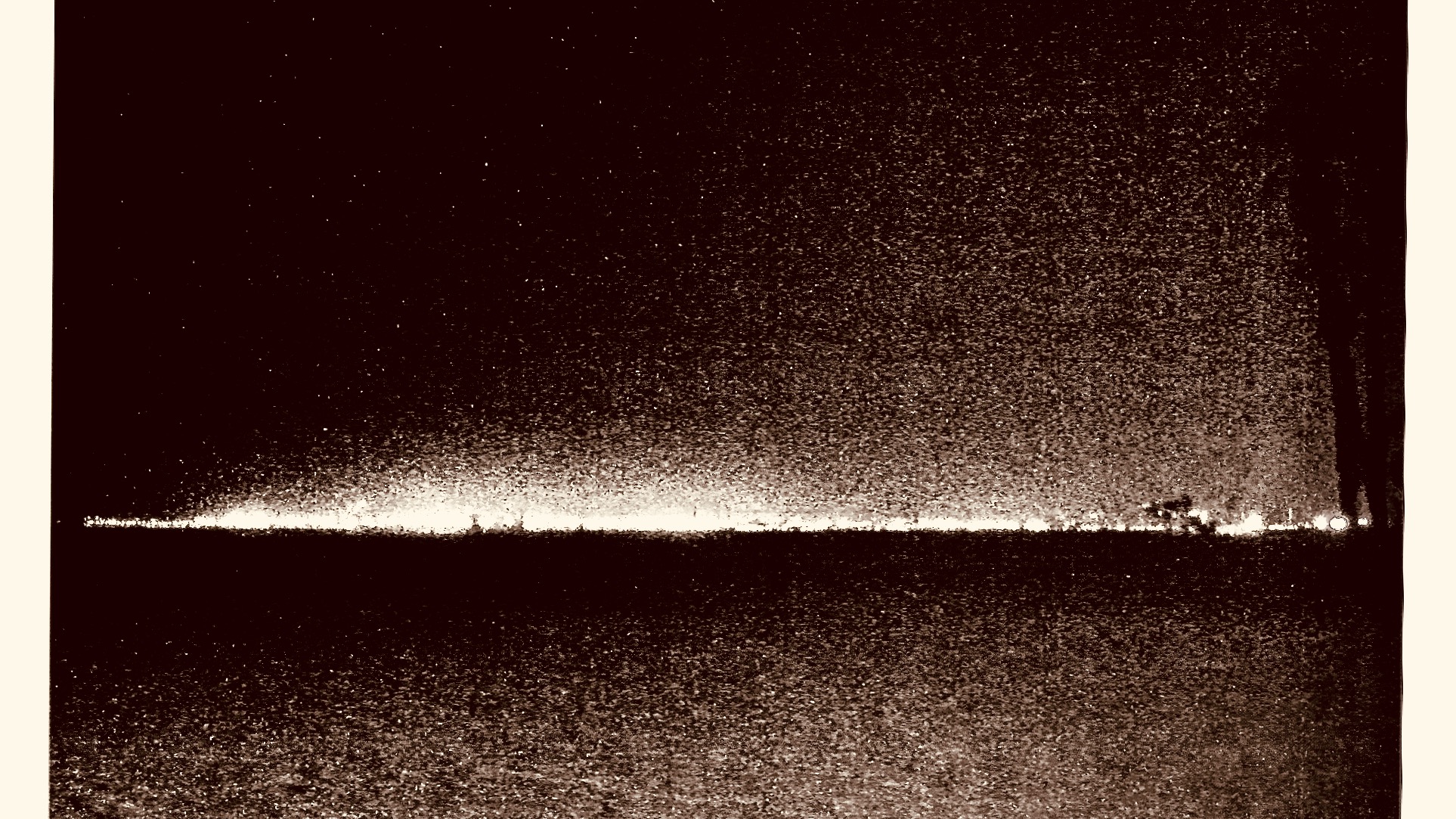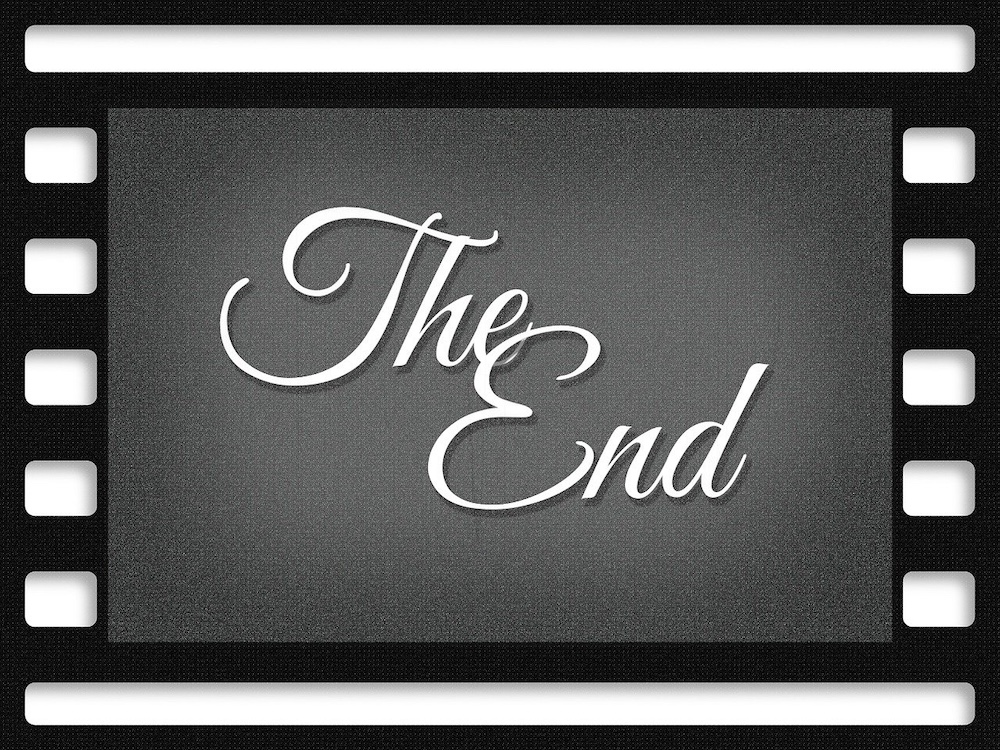-
The Overwhelming Loudness of Silence
When we all go mad, will we still be shocked by the plundering of his heart? Will we be insultedaggrievedoffendedoutragedupsetslighted by his actionsOr simply roll overand be indifferentunconcernedunemotionalimpassivedispassionateapatheticby the winds of his actionsThe Overwhelming Loudnessof the Silence sayingnothingdoingnothingwill break youinto… Continue reading
-
Life Expectancy
It’s official. I’ve got 10.6 years left of this most interesting life. At least, that’s what the U.S. Social Security Administration says. Of course, I’m saying all this while ignoring the fine print, the part about my current health, lifestyle,… Continue reading
-
I, American
I pledge allegiance to the flag (but whose flag is it anyway) as I standin the catholic school classroom alongside the gallery of white faces and red hair and blond hair and white shirts and white blouses and plaid skirts… Continue reading
-
Dear America, Can We Talk?
“…President Trump has fueled a culture of fear, racism, and demonization as part of his efforts to resuscitate a culture of white Christian nationalism.” American Nightmare: Facing the Challenge of Fascism, Henry A. Giroux Excuse me, the late Joan Rivers,… Continue reading
-
Cool Driving
When you live in the megalopolis called Los Angeles, driving is more than a means of transportation. It is a connection to a network of cultures fueled by people seeking their best lives. The cities, towns, and neighborhoods are portals… Continue reading
-
Jose, Can You See?
Jose can you seeby the dawn’s early light police stopping you asking questions driving while Brown walking while BlackWhere you from foo No where you really from What so proudly we hail’d at the twilight’s last gleamingGraciela can you see… Continue reading
-
The Temporary Tenant
When my life convertsFrom matter into energy E = mc2The tombstone will pronounceHere lies The Temporary Tenant I have been a tenant of so many Dreams NightmaresIn so many Cities Towns NeighborhoodsPins on a map Of the U N I… Continue reading
-
B l a n k
Dedicated to all those who suffer from memory loss. Memories holding on Without them I am Blank They keep me Alive Joy Anger Without them I am Blank Memories They keep me from going mad I am nothing without them… Continue reading
-
The Last Days of Fear and Anxiety
This essay was originally published on October 11, 2024, one month before the election that returned Donald J. Trump to power. Thanks, America. “The moment we no longer have a free press, anything can happen. What makes it possible for… Continue reading
-
Living Old(er). More Lessons Learned.
This is part two of a two-part poetic memoir on Living Old(er). Learning Lessons. Part one can be found HERE. “Eat Life like you’re starving. You may feel full at the end of the day, but damn, it tasted good.”… Continue reading

-
I, American
I pledge allegiance to the flag (but whose flag is it anyway) as I standin the catholic school classroom alongside the gallery of white faces and red hair and blond hair and white shirts and white blouses and plaid skirts… Continue reading










